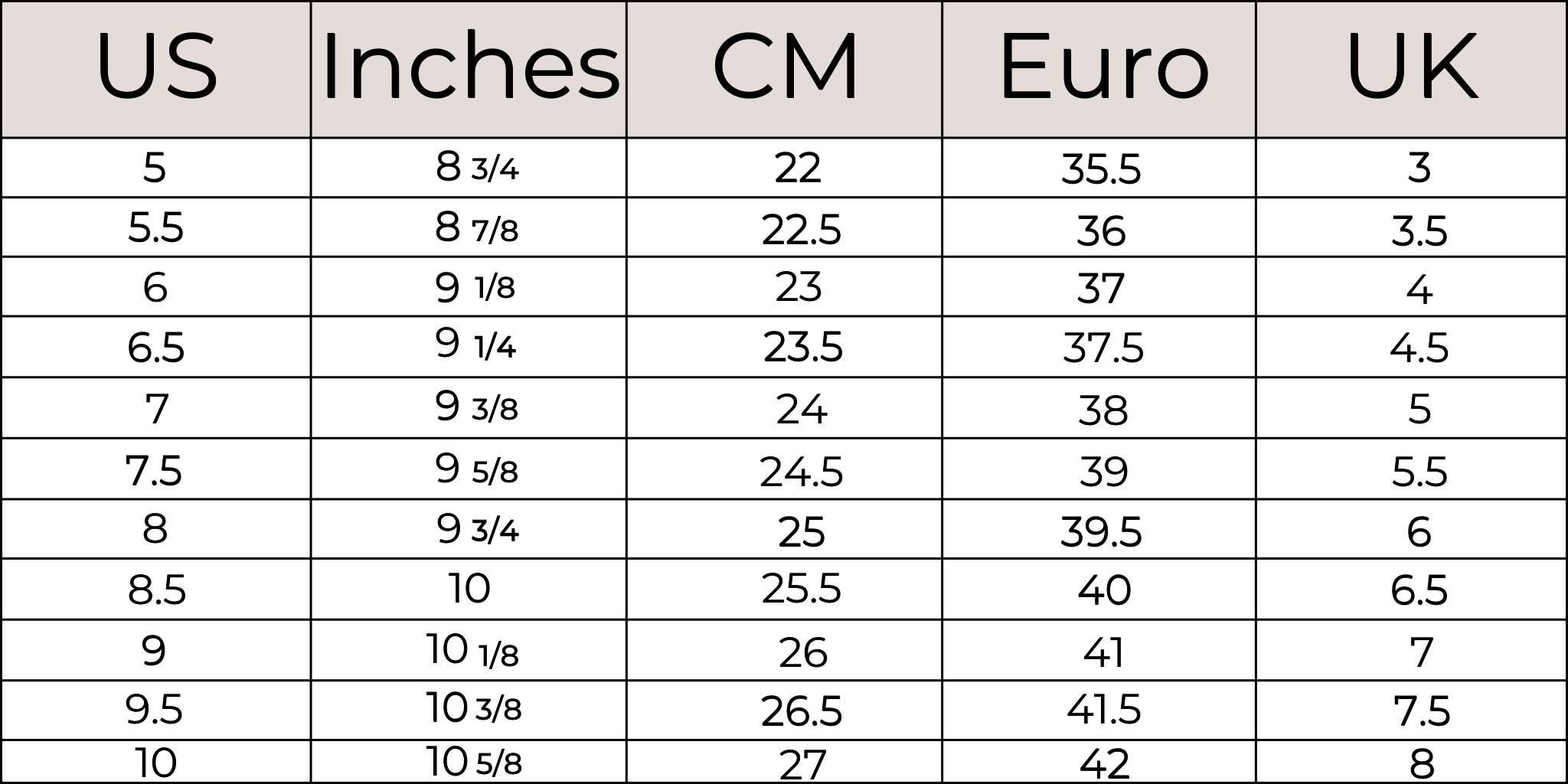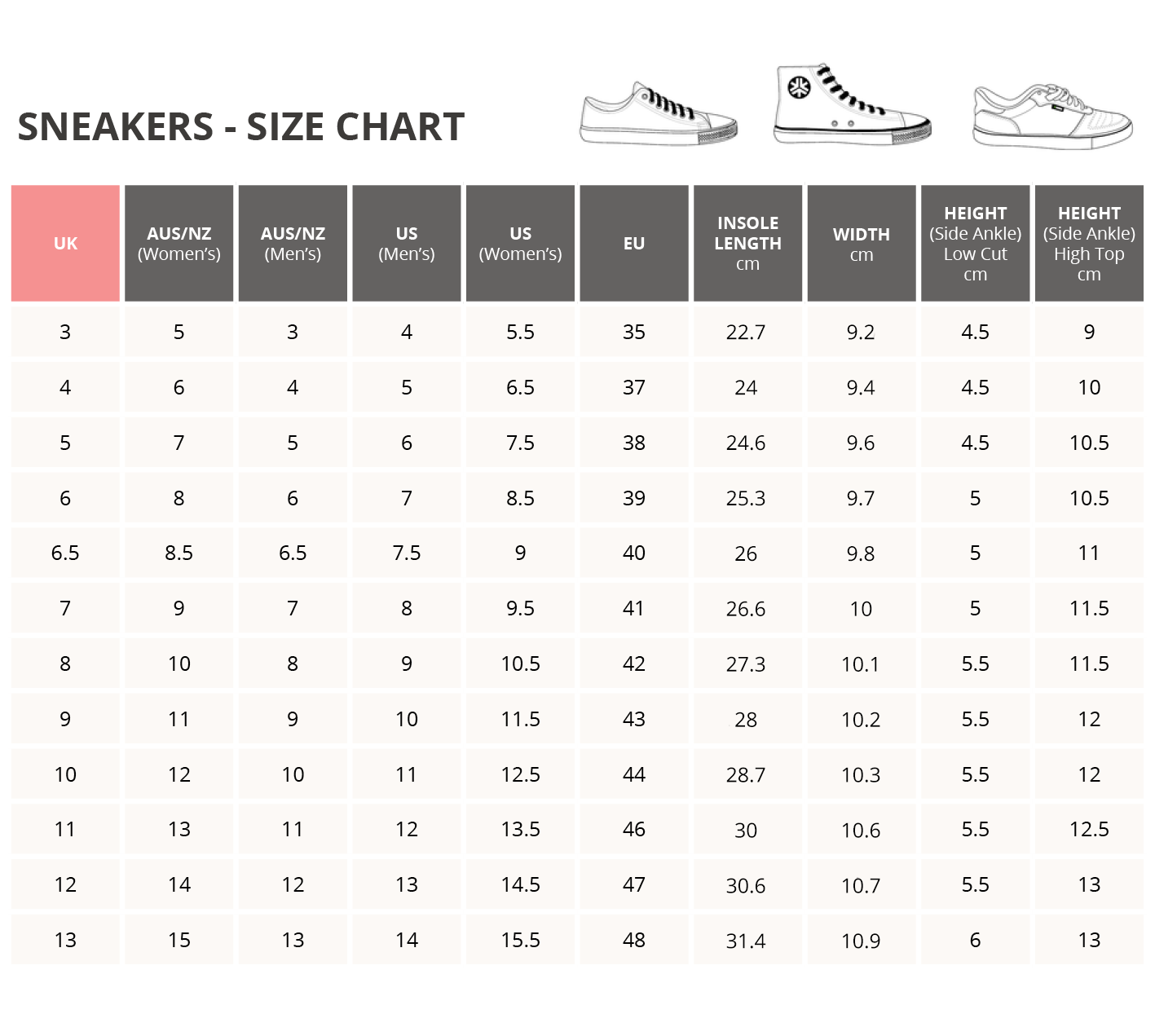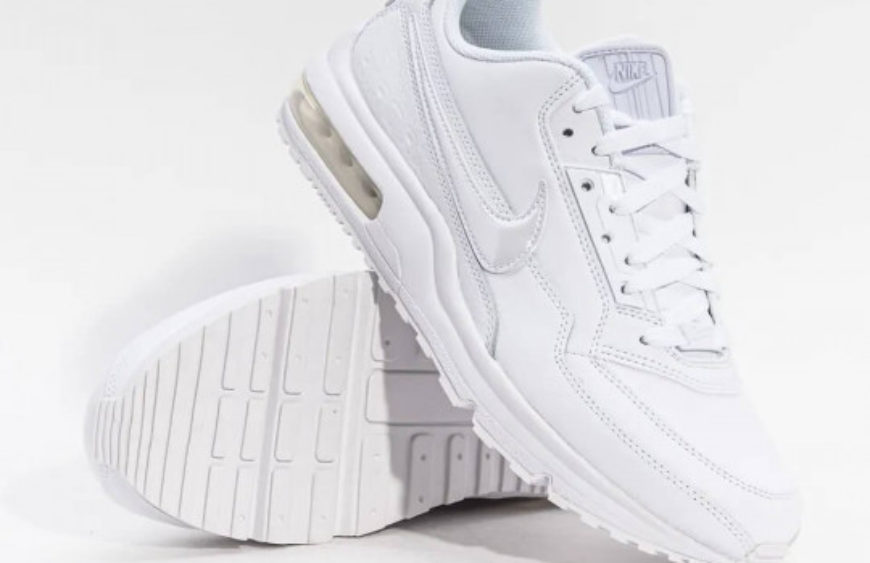Sneakers are not just a fashion statement; they are an essential part of our daily lives, providing comfort and style. However, finding the perfect size sneakers can sometimes be a challenge. In this DexStitches comprehensive guide, we’ll dive into the factors to consider when choosing the right size sneakers, along with size guides for different countries. Let’s ensure your next pair of sneakers fits like a glove and provides both comfort and style so, shall we?
Finding the Perfect Fit: A Guide to Choosing the Right Size Sneakers
1. Know Your Foot Measurements:
Before you start shopping for sneakers, it’s crucial to know your foot measurements. Grab a ruler or measuring tape and measure the length of your foot from the heel to the longest toe. Also, measure the width of your foot at its widest point. These measurements will serve as your baseline when selecting the right size.
2. Consider Foot Type and Arch Support:
Everyone’s feet are unique, so it’s essential to consider your foot type and arch support needs. If you have flat feet, you may require more arch support, while those with high arches may need cushioning. Look for sneakers that offer the right amount of support based on your foot type.
3. Check Brand-Specific Size Charts:
Different brands may have variations in sizing, so it’s beneficial to check the brand-specific size charts. Most online retailers provide size guides that allow you to compare your measurements with their size recommendations. This can help ensure a more accurate fit, especially when shopping from international brands.
4. Understand Country Size Conversions:
Sneaker sizes can vary significantly between countries, so understanding size conversions is crucial, especially when purchasing from international retailers. Here are some common size conversions:
- US Sizes: The standard sizing system used in the United States.
- UK Sizes: Commonly used in the United Kingdom.
- EU Sizes: The European sizing system, often used in continental Europe. ● CM Sizes: Some brands may provide measurements in centimeters, most used in Asia.
Here’s a general guide for size conversions:
- US to UK: Add one size (e.g., US 9 = UK 8).
- US to EU: Subtract 33 (e.g., US 9 = EU 42).
- CM to US/EU: Use a conversion chart provided by the brand.
5. Tips for Online Shopping:
- Read reviews: Check for feedback on sizing from other customers.
- Check return policies: Ensure the retailer offers easy returns or exchanges if the size isn’t right.
- Measure both feet: It’s common for one foot to be slightly larger than the other, so measure both and go with the larger measurement.
- Consider the sock factor: If you plan to wear thick socks with your sneakers, account for this when choosing the size.
Finding the perfect size sneakers is essential for both comfort and style. By following these tips and understanding size conversions for different countries, you can confidently choose the right size every time. Remember, a well-fitted sneaker not only looks great but also supports your feet throughout the day. Please check the size chart below for the conversions between UK, European and US sizes for both men and women.
Size Conversion Chart


The Step By Step Approach To Sneakers Measurement
1. FOOT LENGTH
Your sneaker size might not necessarily be your shoe size and it is not one size fits all in this case. One also has to understand that there is no international standard when it comes to foot measurement, and being a size 10 in the US doesn’t mean you are a size 10 in Europe. Some even suggest that US and EU measurements are not the most accurate, with Japanese sizing which gives the measurements in centimeters instead of inches might be the more precise way to go, so measure away.
How will you get to know your sneaker size and foot length?
Measure your foot length by placing a ruler flat on the floor straight alongside the inside of your foot from your heel to your toes. To measure your feet, stand on a level floor with the back of your heels against a straight edge or wall. Place an object with a flat edge straight across your toes with the edge touching the tip of your longest toe. Take the measurement (in millimeters) from the ruler where the flat edge crosses. This is your foot length measurement.

Or
Stand with one-foot flat on a piece of paper, rest a pen or pencil straight down your heel and mark the paper. Use the same method to mark your longest toe. In centimeters, measure the distance between these two points. Repeat these actions with your other foot. If one foot is slightly bigger than the other, use the bigger one as your overall foot size. Your shoe size should be at least a quarter to a half-centimeter larger than your exact foot size.
For example:
If your largest foot measures 27 centimeters, you should take a Men’s EU size 42 1/2 of Nike and a Men’s EU size 42 2/3 of Adidas.
Lastly,
When shopping for shoes, attempt to order them in your ‘regular’ shoe size rather than one size up, as this may cause fit issues. If you have a bigger foot or generally wear a half size, go up a half size. Always measure your foot in centimeters rather than inches when using a size conversion chart because the conversion tables are based on this metric. For example, an Australian shoe size 38 corresponds to a European 39 or a US 11. Because inches can differ depending on whom you question, it’s best to stay with centimeters.
2. SELECTING A SHOE SIZE
If your foot measurement is halfway between sizes, select the larger size. You may find one foot is longer than the other, this is quite normal, please use the larger size when making your shoe size selection.
Every brand has a different size table, and they also show the number of centimeters in their size chart. This should help you a lot with picking your sneaker size. For example, Nike has a size EU 43 UK 8.5 US 9.5 and CM 27.5 (CM stands for centimeters). And Adidas has a size EU 43 1/3 UK 8.5 US 9.5 and JP 27.5 (JP/CM also stand for centimeters).
So, if you have a size EU 43 of Nike, you should take a size 43 1/3 of Adidas because the number of centimeters has an exact match.
We recommend that you choose a half size up from your regular day shoe size in sports shoes if you are a man with a shoe size up to a UK 9 or a woman with a shoe size up to a UK 8. Men with a shoe size of 9.5 and upwards should normally take a full size higher in a sports shoe. This is because your feet expand when you exercise. Also, when you run, your toes will push forward and spread out when you ‘toe off’, so you need some room in sports footwear to allow for that. A good test is to make sure that there is half a thumb’s to a full thumb’s width between the end of your longest toe and the shoe. Remember many of us have one foot a bit longer than the other, so make sure there is half a thumb’s width of room for the longer foot, if that applies to you.






